Senior Asa Rosenberg is used to sticking the landing. Ten years as a gymnast taught him that much. But now, there’s no solid ground to catch him. There’s just the free fall from three meters up and the breaking glass of the pool’s surface. He switched to diving just over five months ago, but Rosenberg is ready to dive from new heights after committing to California State University at Bakersfield.
Switching sports was a matter of practicality for Rosenberg. Although he had been competing as a gymnast, he realized there were few opportunities to do so in college. At the collegiate level, however, there are hundreds of different diving programs across the National Collegiate Athletic Association’s three divisions. Rosenberg knew what he had to do. Though he was leaving behind a decade of gymnastics experience for an utterly new sport, Rosenberg was prepared.
“A lot of divers are ex-gymnasts,” Rosenberg said. “It’s a big thing to switch from gymnastics to diving. And the reason for that, I can see now, is not only because of the college opportunities, but the skills in diving come super naturally to you.”
Many of the skills utilized in diving are similar to those employed in gymnastics. Like most gymnasts, Rosenberg first began honing these skills at a very young age. He began taking gymnastics classes at Crenshaws Athletic Club when he was 4 years old.
“It just kind of snowballed into something I had a passion for,” Rosenberg said.
That devotion grew when the coaches at Crenshaws picked Rosenberg out of the classes as someone who had the potential to join the club’s competitive team. After all, Rosenberg was one of the only ones in his classes who was able to do a backflip. When he was about 7, he joined the team.
“It was intense,” Rosenberg said. “Gymnasts have to train really hard. But I liked doing it, and I liked the friends that I made. … I liked how hard it was. In my eyes, it is the hardest sport. I liked being able to do it and do it as one of the best in the country.”
Male gymnasts compete in six events: Floor exercise,pommel horse, still rings, vault, parallel bars and horizontal bar. From the time he joined the team to sixth grade, Rosenberg regularly attended meets and competed in all six events. Though Rosenberg’s passion for the sport stemmed from its intensity, the stressful nature of the meets began to outweigh his enjoyment.
“How gymnastics meets work is you have six events and one try on every event,” he said. “So you warm up for that event and then you compete it, then you warm up for the next one and compete it. It’s just really nerve-racking. You only have six tries and if you mess one up, your overall score goes down, and you’re not gonna win.”
Eventually, competing became so stressful that in sixth grade, Rosenberg decided to quit the sport.
“I never even thought that I would want to go back to it,” he said.
For three years, he didn’t. The pressure had been too much. But Rosenberg couldn’t fully let go of his sport. His interest in gymnastics was rekindled after meeting another gymnast from the Crenshaws team at summer camp. He decided to pay his old gym a visit. Rosenberg got in contact with his old coach, who offered to let him come in and train together for a day.
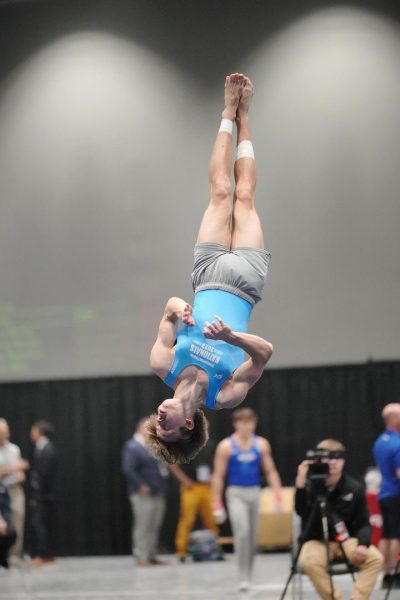
“I went in, met up with the coaches and with my friends again,” he said. “I was like, ‘I want to come back tomorrow.’ And I never stopped.”
So it was back to the intense workouts, the arduous training — back to the sport he loved. He didn’t compete the year he returned because he didn’t think he was good enough. But the next year, his goal was to make it to Nationals. Rosenberg achieved this feat by placing among the top gymnasts at the regional meet, thus qualifying him for the 2023 USA Gymnastics Developmental National Championships in Oklahoma City.
“That was a big accomplishment for me,” Rosenberg said. “It was a really good feeling to make it.”
The heat he’d felt at previous competitions was enough to make him quit the sport. Nationals was different.
“The main reason I didn’t like competing was that it was just a lot of stress and pressure to do well,” Rosenberg said. “But at Nationals, I didn’t have a lot of that pressure because I knew it was my last meet of the season, no matter what. I was like, ‘I just want to do the best I can and just have fun.’”
With Nationals under his belt, Rosenberg’s thoughts turned to the future. He knew he couldn’t continue gymnastics into college. He wanted to further his athletic career, but he couldn’t just play a sport he picked up yesterday at the collegiate level. One sport, however, would allow Rosenberg to hit the ground running: diving.
“The skills in diving come super naturally to [gymnasts],” Rosenberg said. “Everything, like the air awareness and all that, I just already had.”
Once he decided to switch, it was time to find a coach and a place to train. After hearing that sophomore Iris Burns-Trahanovsky dove with the Longhorn Junior Aquatics Program at UT, Rosenberg reached out to her to learn more.
“He told me he was a gymnast who was interested in switching to diving,” Burns-Trahanovsky said. “He asked me where I practiced and who my coach was, and he emailed my coach to set up a tryout.”
Burns-Trahanovsky, who began diving at 6, was excited by the prospect of a fellow Knight joining her sport.
“Last year, I was the only diver for McCallum, so I thought it would be really nice to have another person,” she said.
Rosenberg said the UT coaches seemed to recognize a diver in the making early on in his tryout.
“I told [the coach] I was a gymnast, and I showed them what I could do,” Rosenberg said. “I wasn’t the best at diving, obviously. But they could see that I had potential, and they know from past experience that ex-gymnasts usually do well in diving.”
Diving was Rosenberg’s way ahead. But at that point, at the start of his senior year, most athletes were already looking for colleges to commit to. He was only just starting the sport.
“I had to kind of fast-track my way to the top and that’s what I ended up doing,” Rosenberg said. “So it wasn’t even a tryout in my head. It was like, ‘OK, this is where I’m going to be for the next year. How can I start learning really quickly?’”
Some of the skills, such as the hurdle, or the final part of the diver’s approach to takeoff, were a learning curve for Rosenberg. But his experience as a gymnast allowed him to pick up flipping and twisting naturally. According to Burns-Trahanovsky, who also switched from gymnastics to diving, Rosenberg’s status as a Level 10 gymnast — the highest level in USA Junior Gymnastics — helped him excel.
“Asa got really good at diving really fast, and I was definitely slower because he’d done a lot more gymnastics,” Burns-Trahanovsky said. “Being advanced in gymnastics really helps in terms of having better form and control of your body, as well as in terms of having less fear towards new dives, because you’re used to doing things like that.”
Burns-Trahanovsky said being a gymnast also helps with certain dives, such as twisting dives.
“I know a lot of divers who are very advanced and have been diving for years, but they still struggle with twisters,” she said. “If you figure it out as a gymnast, the action is basically the same when you dive, so it really helps get over that hurdle.”
After making the team at UT, which has one of the most advanced diving facilities in Texas, Rosenberg worked his way up to the top. The Longhorn Aquatics diving program has three teams with increasing levels of skill: High School, Talent ID and Podium. Rosenberg initially began on Talent ID but was moved up to Podium after just a few days. So far, Rosenberg has competed in three meets — and took home first place at his first one. Rosenberg said the atmosphere of diving competitions is vastly different from that of gymnastics meets.
“[One of the last] competitions I went to was really fun because it was my first meet that was bigger and had more guys that were at my skill level,” he said. “It took a while to get through all the people, but it was really fun. Everyone was cheering. When someone smacked, which is when you belly flop or mess up really hard, everyone cheered. It just made it fun. It was pretty stressful when I was on the board — you just have to hope you don’t mess up or you get a good hurdle and takeoff. But overall, it was really fun.”
Another thing Rosenberg appreciates about his new sport is that, compared to gymnastics, it’s less hazardous and hard on his body.
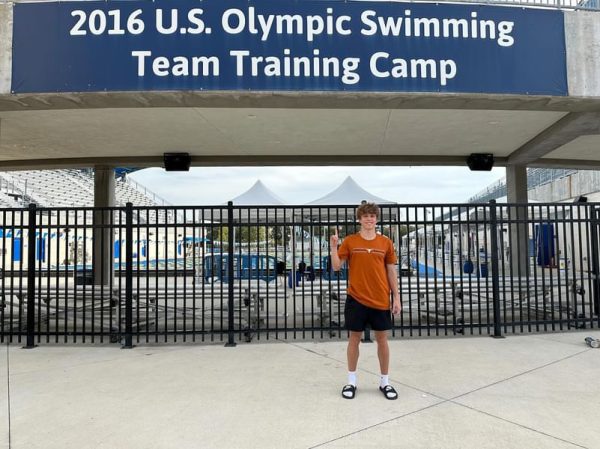
“I love gymnastics, I love watching gymnastics, I just love the sport in general,” Rosenberg said, “but I was injured, and I couldn’t do a lot of the events, and it’s just such a hard sport. I prefer diving because I hurt less doing it. And it’s just less dangerous. In gymnastics, the floor is bouncy, but if you fall terribly or you hit something on the high bar, it’s steel, so you’re going to get really injured. But if you mess up in diving, you just belly flop pretty hard. It hurts, but it’s not that bad.”
Rosenberg sustained multiple injuries during his time as a gymnast, but his left shoulder took the brunt of them. For that reason, he mainly dives off the 1- and 3-meter springboards, although some athletes dive off platforms as high as 10 meters.
“I have jumped off the 10-meter, and it’s really nerve-racking,” Rosenberg said. “I can’t imagine diving off it. But I like jumping off high stuff. I just like the adrenaline. One of our assignments, one time, in practice was to run and jump off the 10-meter tower, which I think is three stories [tall]. It was crazy but really fun.”
In October of 2023, Rosenberg was contacted by the diving coaches at California State University, Bakersfield, a D1 school. They invited him to come out for an official visit in early November. A few days after that, just two months after he began diving, Rosenberg committed to diving at CSUB. In Rosenberg’s mind, CSUB was a perfect fit for a myriad of reasons.
“CSUB is a really ideal place for me to go,” Rosenberg said. “I have a lot of family from California and I was born there myself. Not only the location, but the coach was awesome. She used to be a gymnast, so she knows how to teach ex-gymnasts.”
What stuck out most to Rosenberg, however, was the close-knit nature of CSUB’s aquatics program.
“The swimming and diving teams are super connected at Bakersfield,” he said. “There are only like six divers right now, but there are like 25 swimmers, and they do everything together. They live together, they travel together. So the team culture is a part that I really liked about it.”
According to Rosenberg, the interconnection between the swimming and diving teams at CSUB is somewhat unusual.
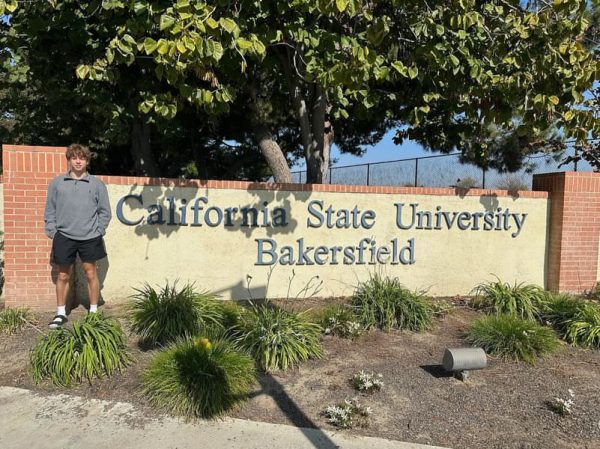
“The reason I’m so baffled by it is because at UT, we don’t even talk to the swimming kids,” he said. “We don’t even interact with them at all. So when I got [to Bakersfield], I was like, ‘Oh, wow, these people are really connected and almost like a family.’ And that’s something I really liked.”
Rosenberg plans to major in economics at CSUB. While he’s looking forward to diving in college, he doesn’t see himself going pro.
“It’s just something I’ll enjoy during college and maybe give up after,” he said. “I think, nonetheless, it’ll teach me a lot of lessons and be an overall good thing I did in college, but I think I plan on starting a business. My dream is not to go to the Olympics or anything, but we’ll see. Maybe I will want to go.”
Even if Rosenberg isn’t aiming for bigger ponds after college, the hard work and dedication he’s put into both gymnastics and diving in turn have secured him a spot on a D1 diving team. Neither sport has been easy. But that is what he loves about them.
“I guess I like the challenge,” Rosenberg said. “I’m an ambitious person. It’s just how I am. I shoot high, and I’ll get there one way or another.”



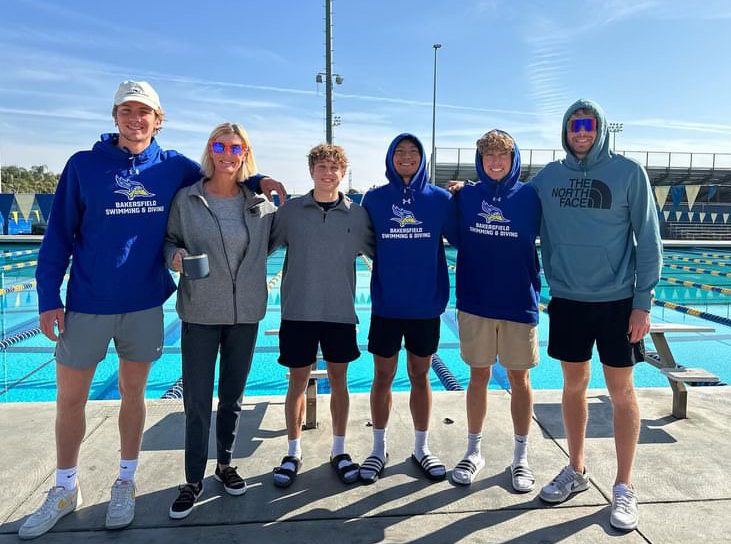
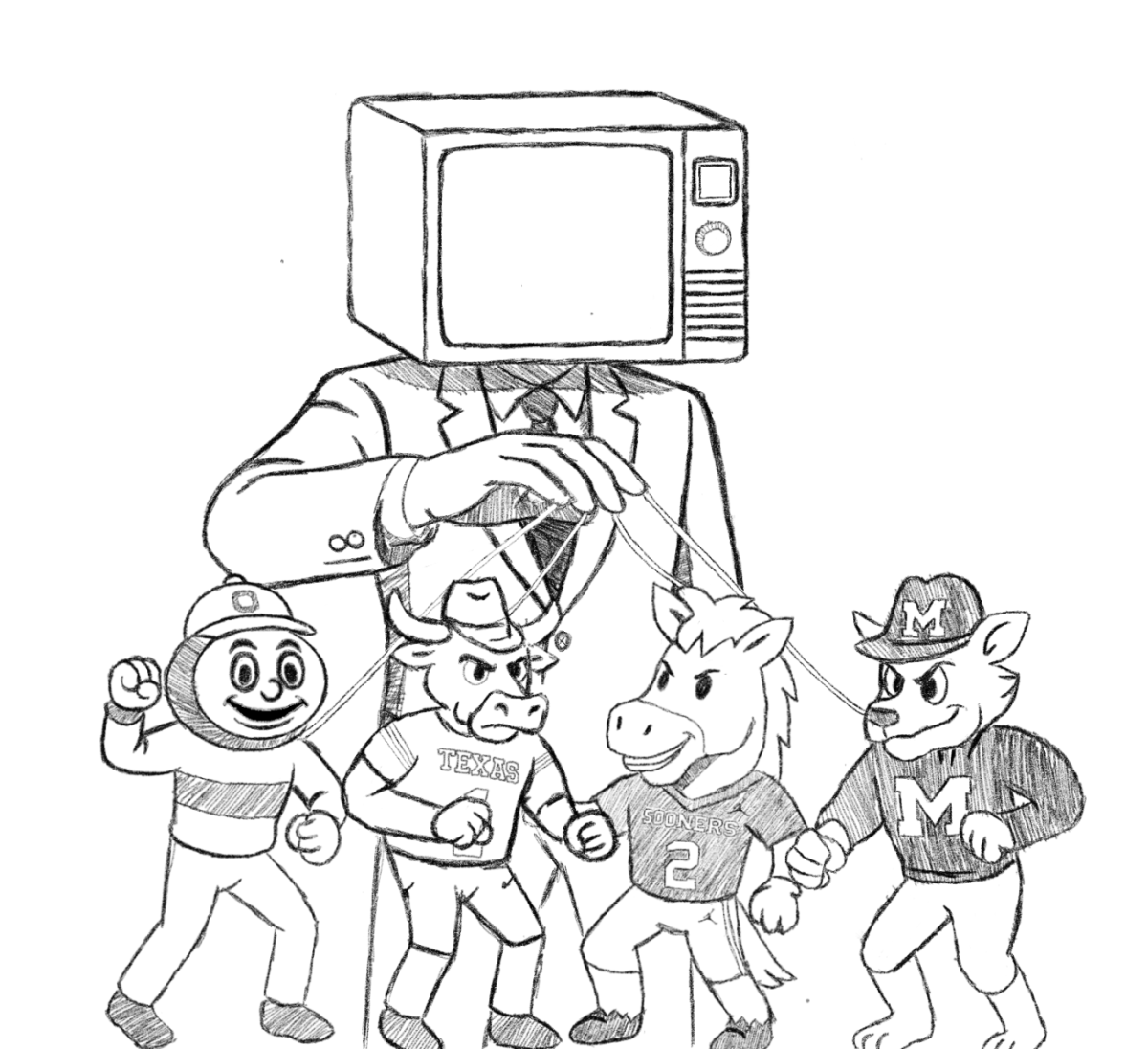
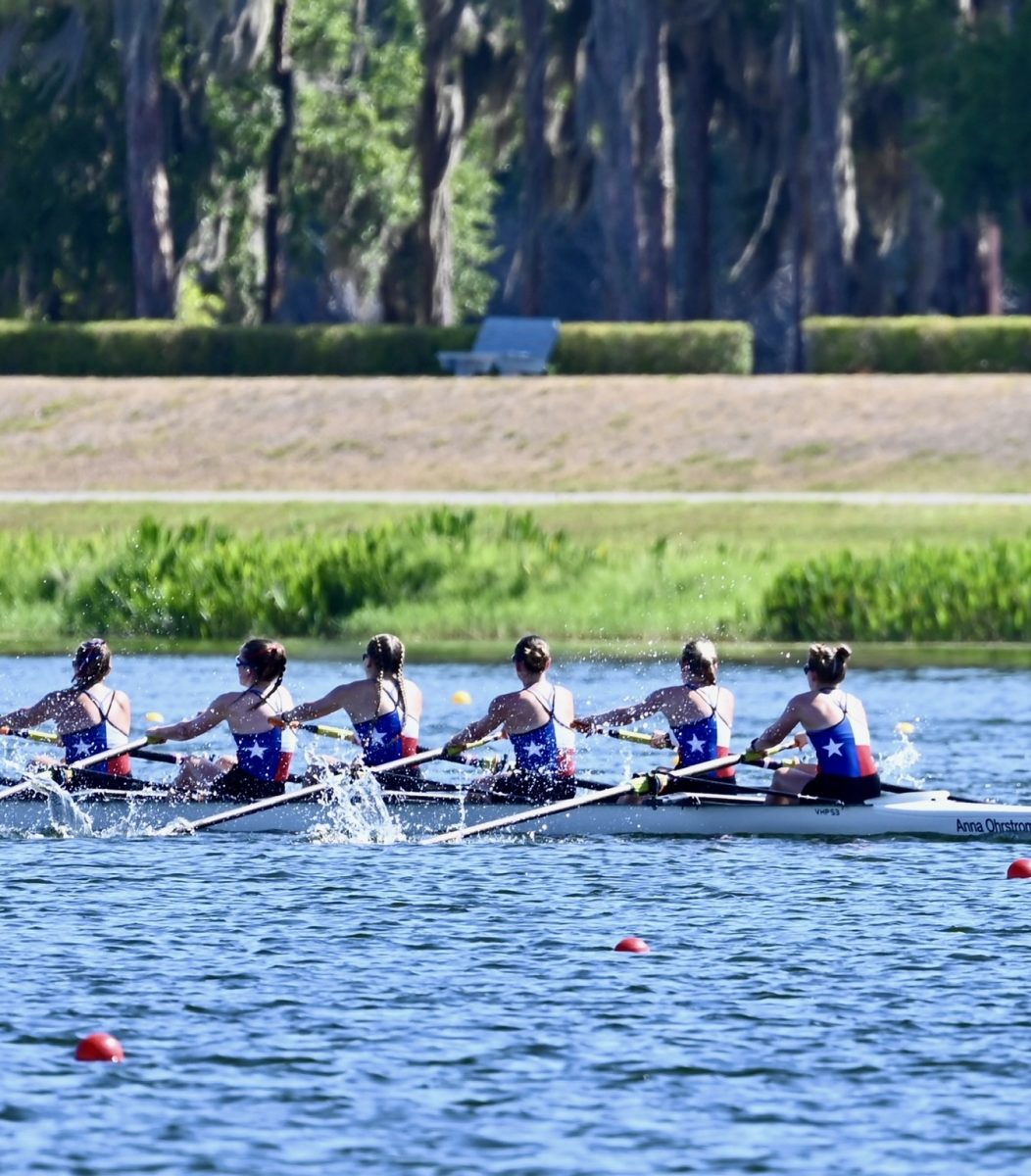
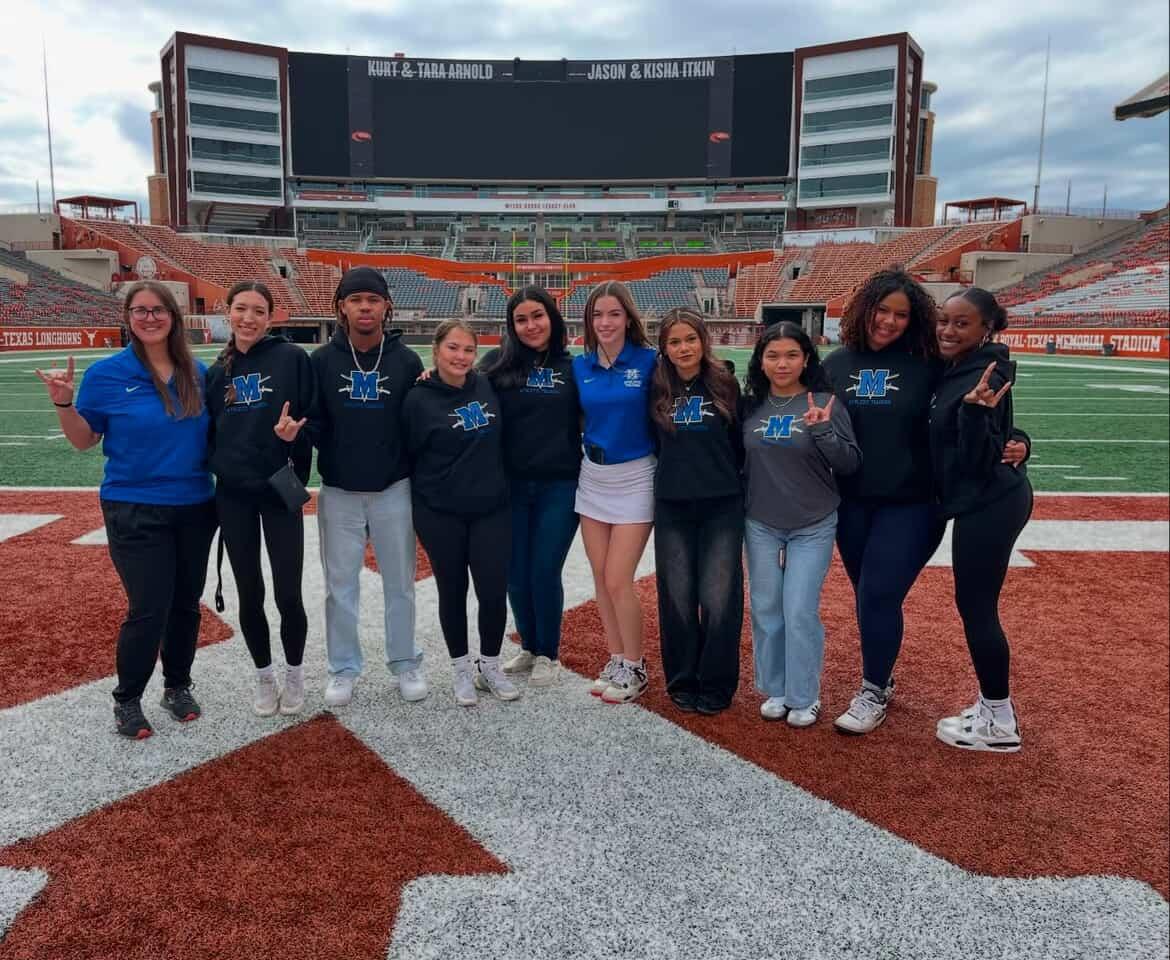
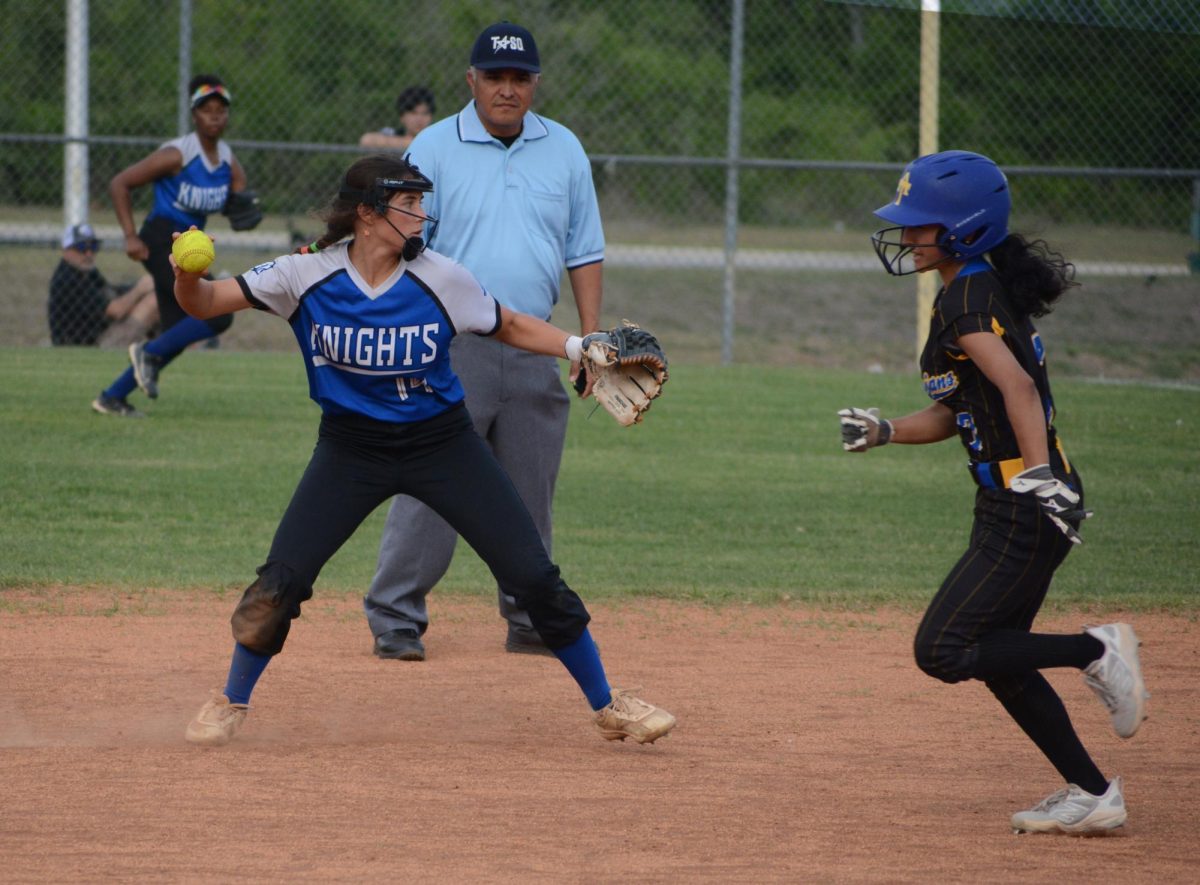
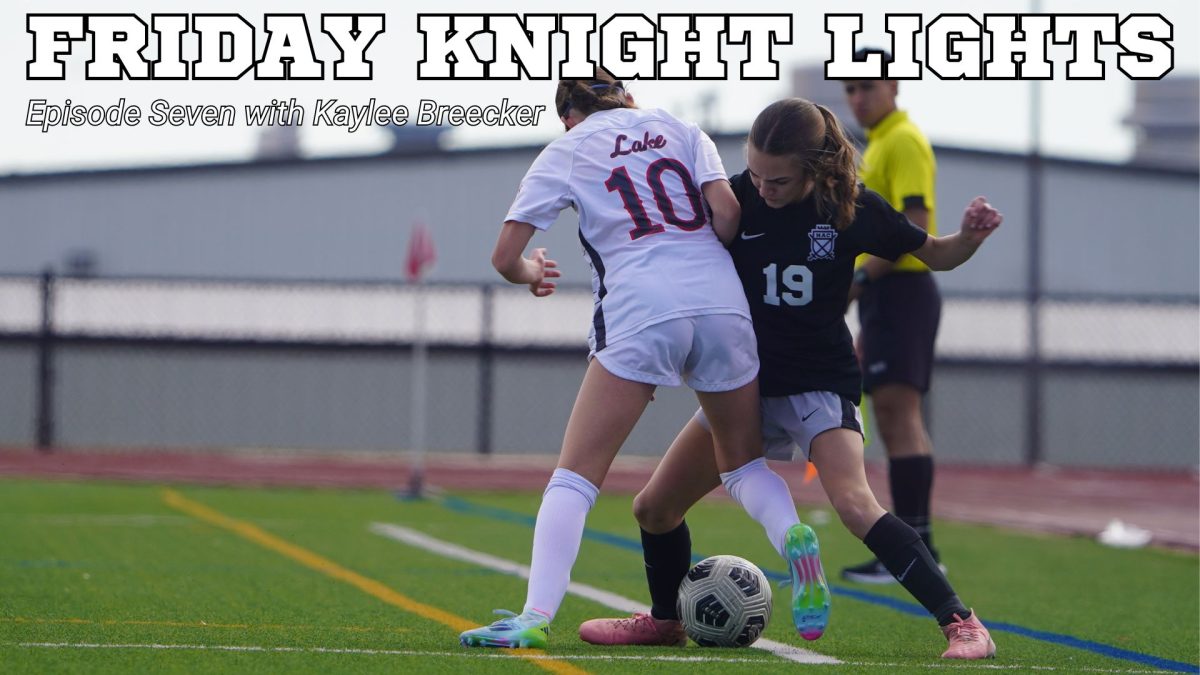
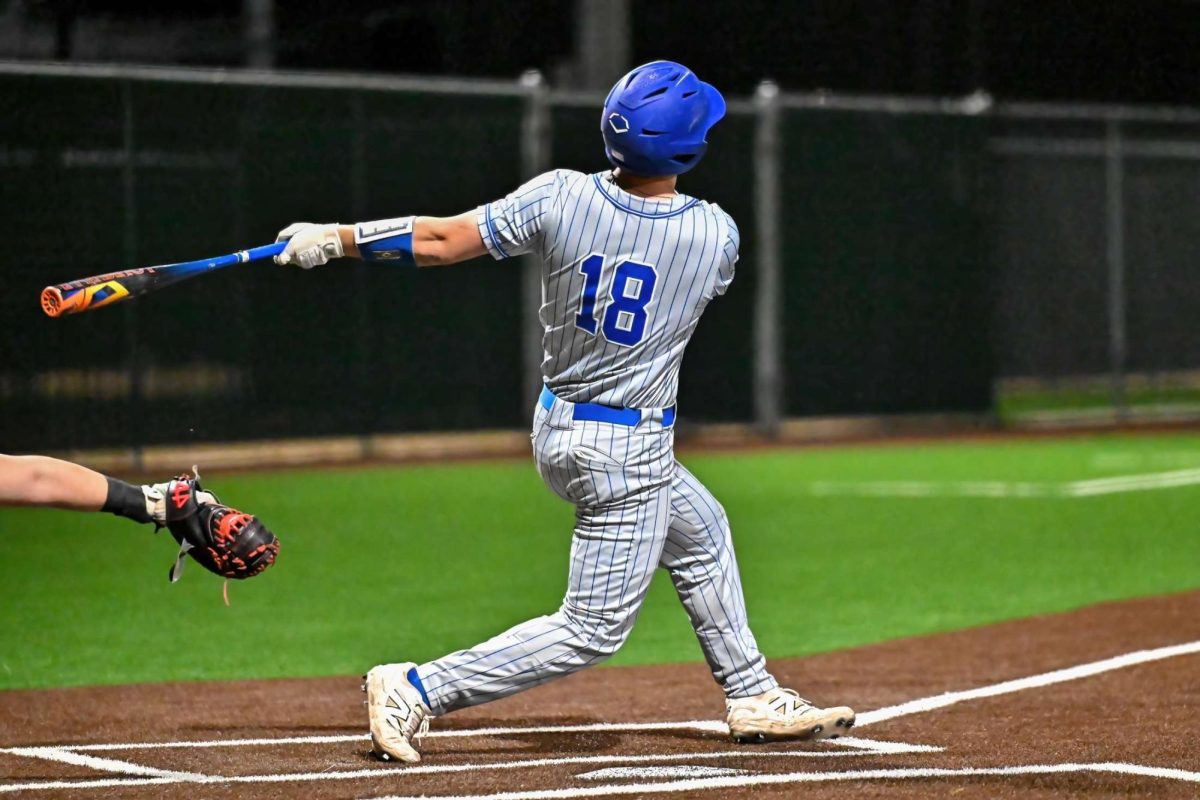
Dinkle • Mar 6, 2024 at 4:19 pm
I really liked your story! It’s great to see such passion and dedication in a sport, honestly after reading this I’ve kinda started thinking of getting back into Gymnastics myself!